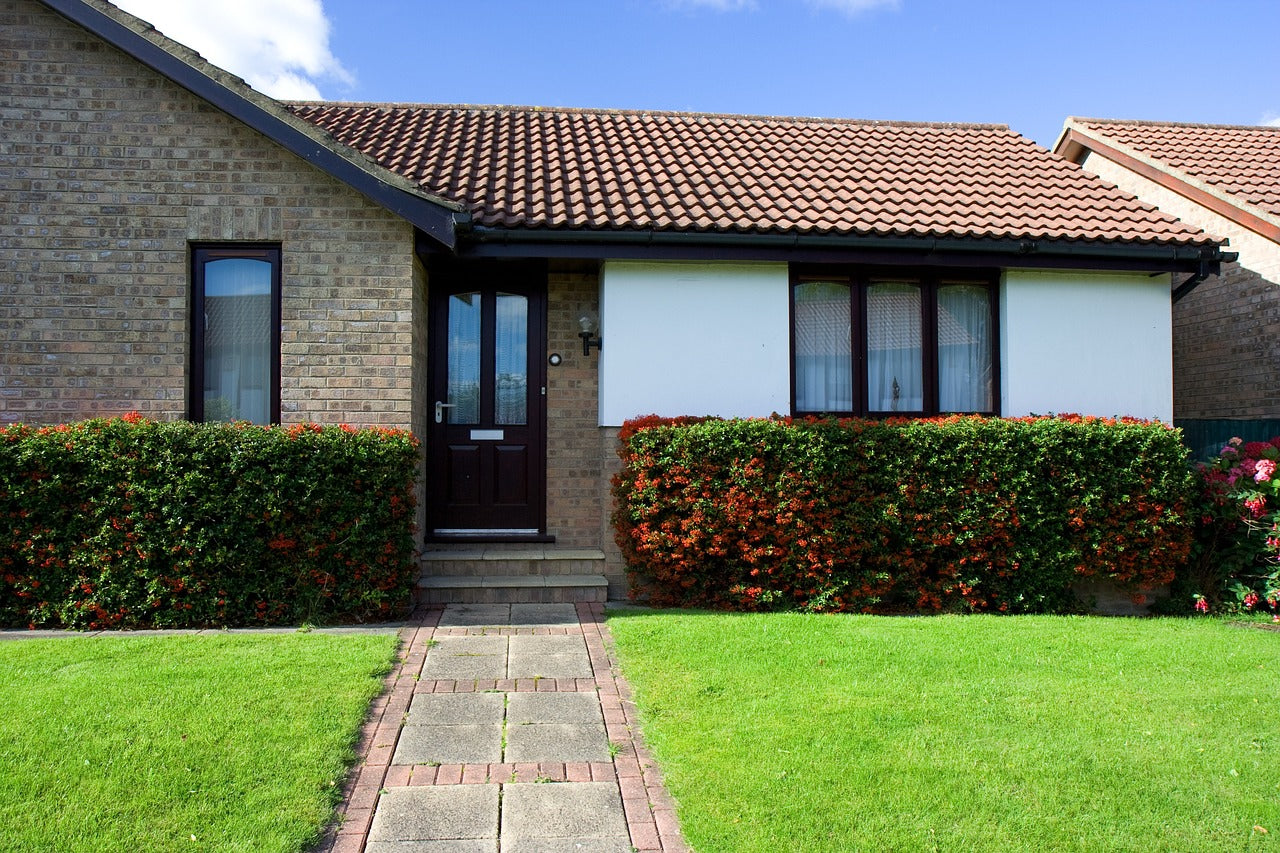
SOS Alarms and Dementia Care: A Lifeline for Memory-Related Challenges
Caring for a loved one with dementia or Alzheimer’s comes with unique challenges, from managing memory loss to ensuring their safety during moments of confusion or disorientation. Personal Alarms, especially those equipped with GPS tracking and emergency alerts, have become essential tools in dementia care. These devices offer peace of mind to families while empowering seniors to maintain some independence.
1. Real-Time Location Tracking for Peace of Mind
Wandering is a common concern for individuals with dementia, as they may become disoriented and unable to find their way home. A Personal Alarm with GPS tracking allows caregivers to pinpoint the wearer’s location in real time. This feature ensures that if a senior wanders or becomes lost, they can be located quickly and brought back to safety. Some alarms also offer geofencing, alerting families when the wearer leaves a designated safe area, adding an extra layer of protection.
2. Quick Emergency Assistance When It’s Needed Most
Emergencies can happen at any time, whether it’s a fall, sudden confusion, or a health issue. Personal Alarms for the elderly often include an emergency alert button that connects the wearer to a 24/7 monitoring service or designated contacts. In the case of dementia, where communication might be difficult, having a simple one-press system ensures help is always within reach.
3. Enhancing Independence While Staying Safe
Many seniors with early-stage dementia or Alzheimer’s value their independence and want to continue living at home. A GPS-enabled Personal Alarm provides them with a safety net, enabling them to go for walks or engage in daily activities without constant supervision. For families, this means balancing their loved one’s autonomy with reliable safety measures.
4. Supporting Caregivers in Their Role
Personal Alarms with GPS tracking reduce the stress and workload for caregivers. Instead of worrying about their loved one’s whereabouts or potential risks, caregivers can focus on providing emotional support and quality time. These devices also enable families to work together, with multiple people receiving alerts and sharing responsibility for monitoring.
5. Built-In Features Designed for Memory-Related Challenges
Modern Personal Alarms often come with features specifically tailored to seniors with dementia, such as:
- Two-Way Communication: Enabling immediate contact between the senior and their caregiver.
- Automatic Fall Detection: Sending alerts if the wearer falls, even if they cannot press the button.
- Location History: Allowing caregivers to review the senior’s movements for added reassurance.
A Lifeline for Families and Seniors
Personal Alarms for the elderly provide more than just physical safety—they also offer emotional security for both seniors and their families. By leveraging GPS tracking and emergency alert features, these devices bridge the gap between independence and necessary care, ensuring seniors with dementia or Alzheimer’s remain safe, even in challenging moments.
If you’re caring for a loved one with dementia, a Personal Alarm could be the tool you need to support their safety and your peace of mind.



Leave a comment
This site is protected by hCaptcha and the hCaptcha Privacy Policy and Terms of Service apply.